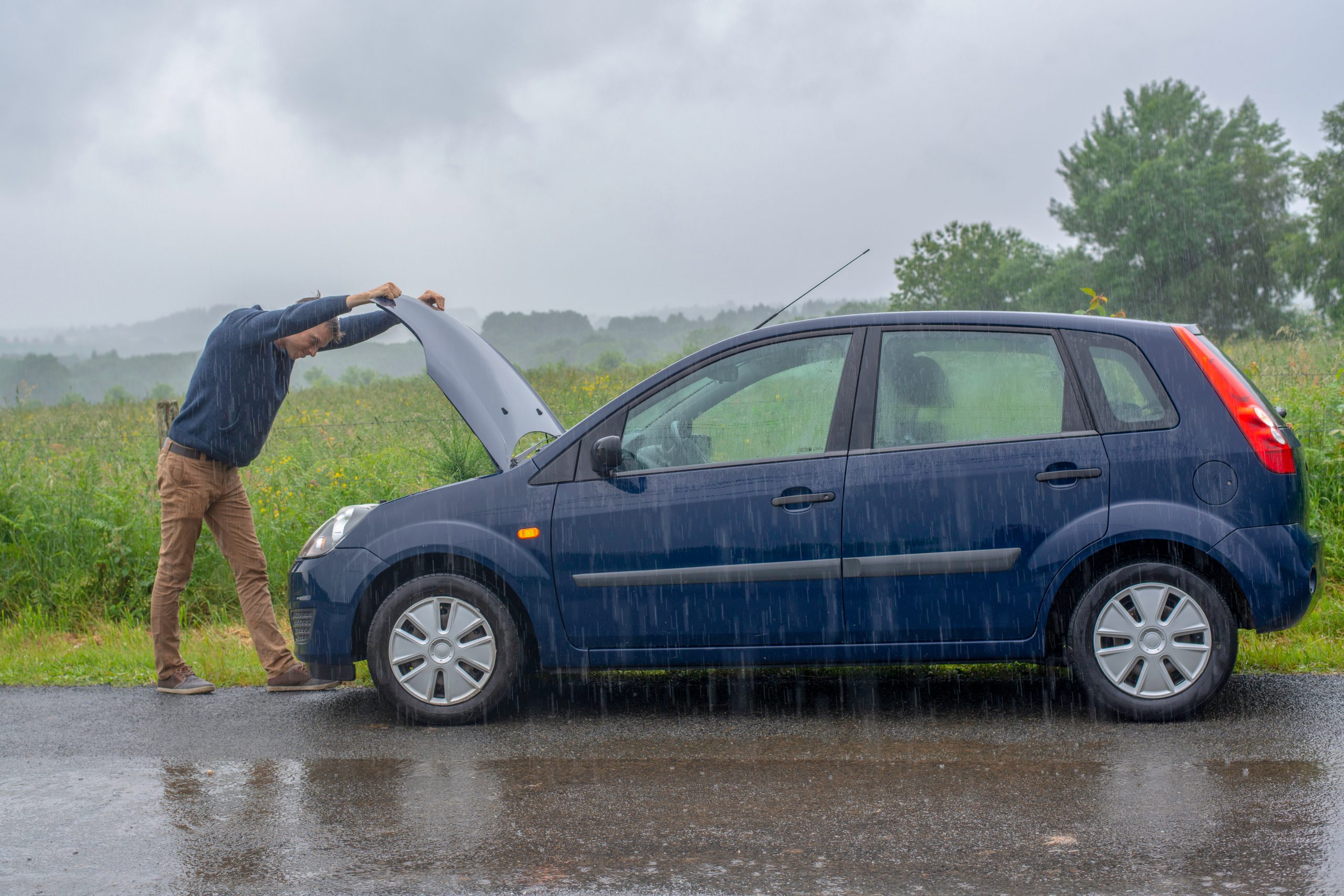Insurance
Are you prepared for a Bank Holiday breakdown?

Guest Author:
Emma LunnCar breakdown claims are expected to soar this Bank Holiday weekend due to the rise in people holidaying within the UK.
According to LV= Britannia Rescue, the August bank holiday is usually the busiest Bank Holiday weekend throughout the year for breakdowns. The weekend tends to see a 10% increase in breakdowns compared to the rest of August.
Broken-down drivers are typically recovered 75% further away from home on the Bank Holiday weekend than usual.
The most common vehicle faults include cars failing to start (35%), a tyre change (16%), and cars unexpectedly cutting out (6%).
Henry Topham, managing director of LV= Britannia Rescue, said: “As many of us prepare to hit the road this weekend it’s important to check your car over before setting off. If you’re not a regular driver, you can keep battery issues at bay by turning the engine over or taking a drive around the block until your vehicle is up to working temperature.
“Being prepared for a breakdown is also really important and we recommend packing plenty of water and refreshments, a high-factor sun cream and games for the kids. Other essentials like a first aid kit, power bank to charge your phone, road map as well as a sat-nav, and an empty fuel can will also come in handy.”

Wellness and wellbeing holidays: Travel insurance is essential for your peace of mind
Out of the pandemic lockdowns, there’s a greater emphasis on wellbeing and wellness, with
Sponsored by Post Office
Driving checks to prevent breakdowns
Check your tyre pressure
Check your tyres when they are cold. Your car handbook will tell you what figures your tyre pressure should be set to.
Whilst checking the pressure, don’t forget to inspect your tyre tread too. Check your spare as well, so you are prepared in case anything goes wrong.
Fill up your water
Your car’s engine coolant is a mix of antifreeze and water, and the levels should be monitored to make sure the engine doesn’t overheat. You can check the coolant levels on the reservoir next to your radiator.
Inspect your widescreen
It’s best to get any chips in your windscreen fixed as soon as you can as you could potentially save yourself from a small chip turning into something more serious and costly.
As well as chips and cracks, check your windscreen wipers are functioning as normal; wipers streaking the windscreen or leaving water untouched could be a sign they need to be changed.
Test your lights
Take time to inspect all your lights, from brake lights to indicators, making sure they all work as they should.
Check your oil level
Without the right levels of oil, the engine’s lubrication could be severely reduced, risking damage to your car. If your car has not been used in a while, or only for short commutes there could be sludge from old, used oil. Topping up with fresh oil, without a proper oil change, will just mask the problem.